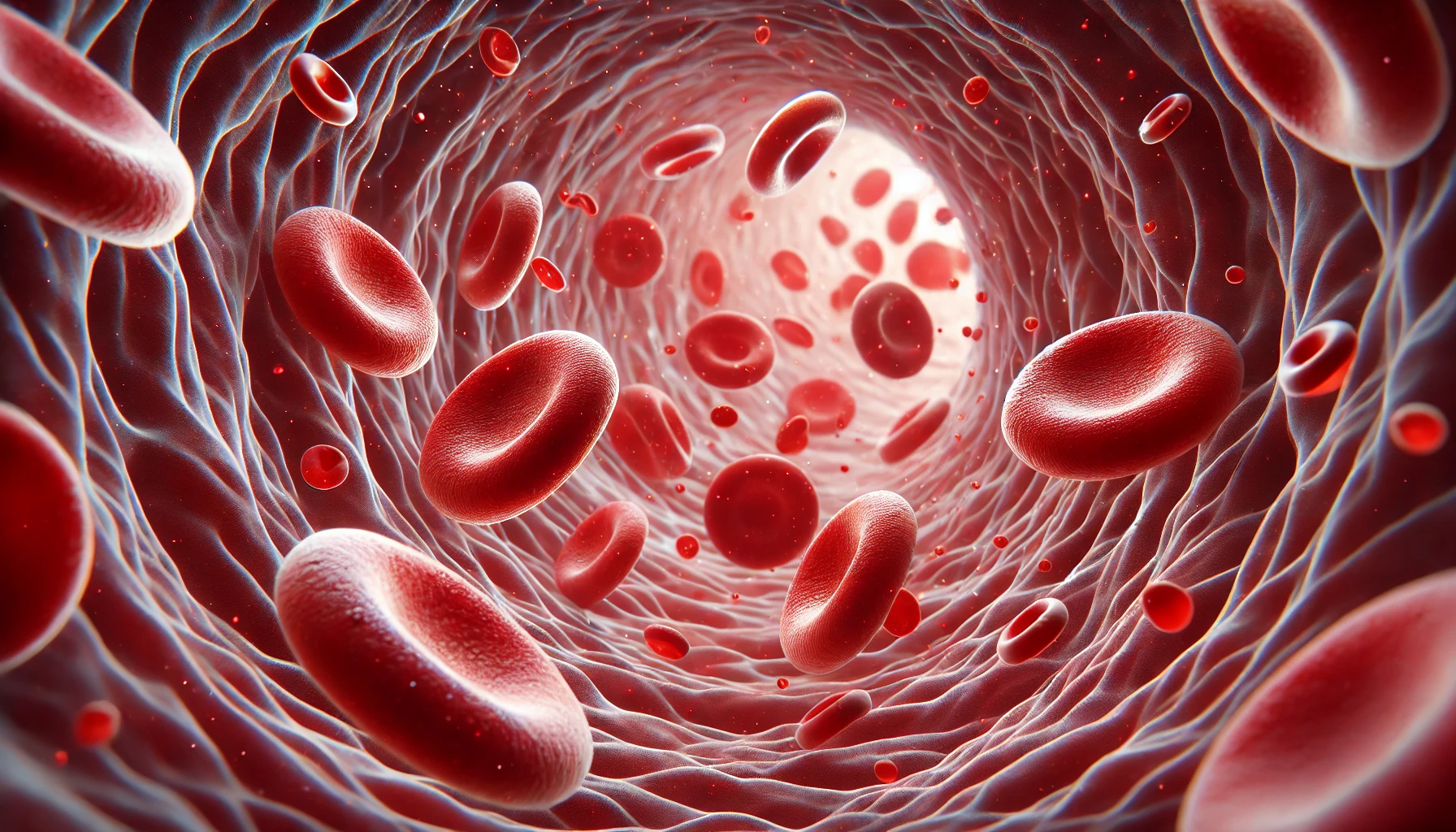AbbVie's Emraclidine Fails Phase II Trials, Impacting Shares and Boosting Bristol Myers Squibb

Emraclidine, a drug that showed promise in AbbVie's neuroscience portfolio, did not manage to outperform placebo in Phase II trials, focusing on treating schizophrenia[1][2]. These trials, which assessed changes in PANSS total scores, not only failed to achieve their primary endpoints but also revealed that placebo responses were unexpectedly high[2]. Despite the use of various control measures to address placebo effects, emraclidine’s performance did not surpass or was only on par with placebo results[3][2]. This failure has resulted in a significant impact on AbbVie's stock prices and has provided an edge to competitors such as Bristol Myers Squibb[1].
References
Explore Further
What specific reasons were cited for the high placebo response in the emraclidine Phase II trials?
How might AbbVie's acquisition strategy change in the wake of emraclidine's failure in Phase II trials?
What are the key differences between emraclidine and Bristol Myers Squibb's drug Cobenfy?
How is AbbVie planning to regain investor confidence after the drop in share prices following the trial outcomes?
What are the next steps for AbbVie in pursuing advancements in neuroscience, specifically with their Alzheimer's research investment?